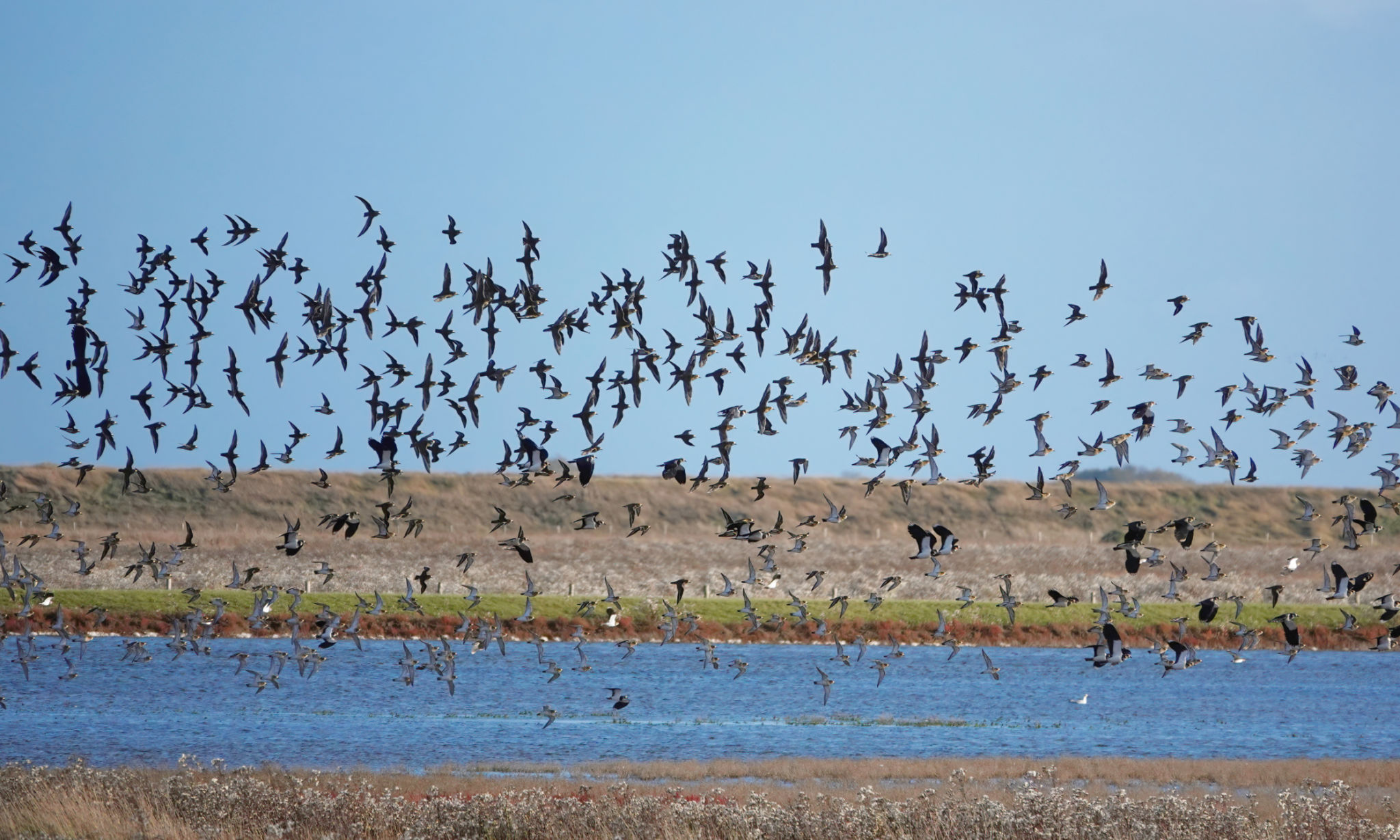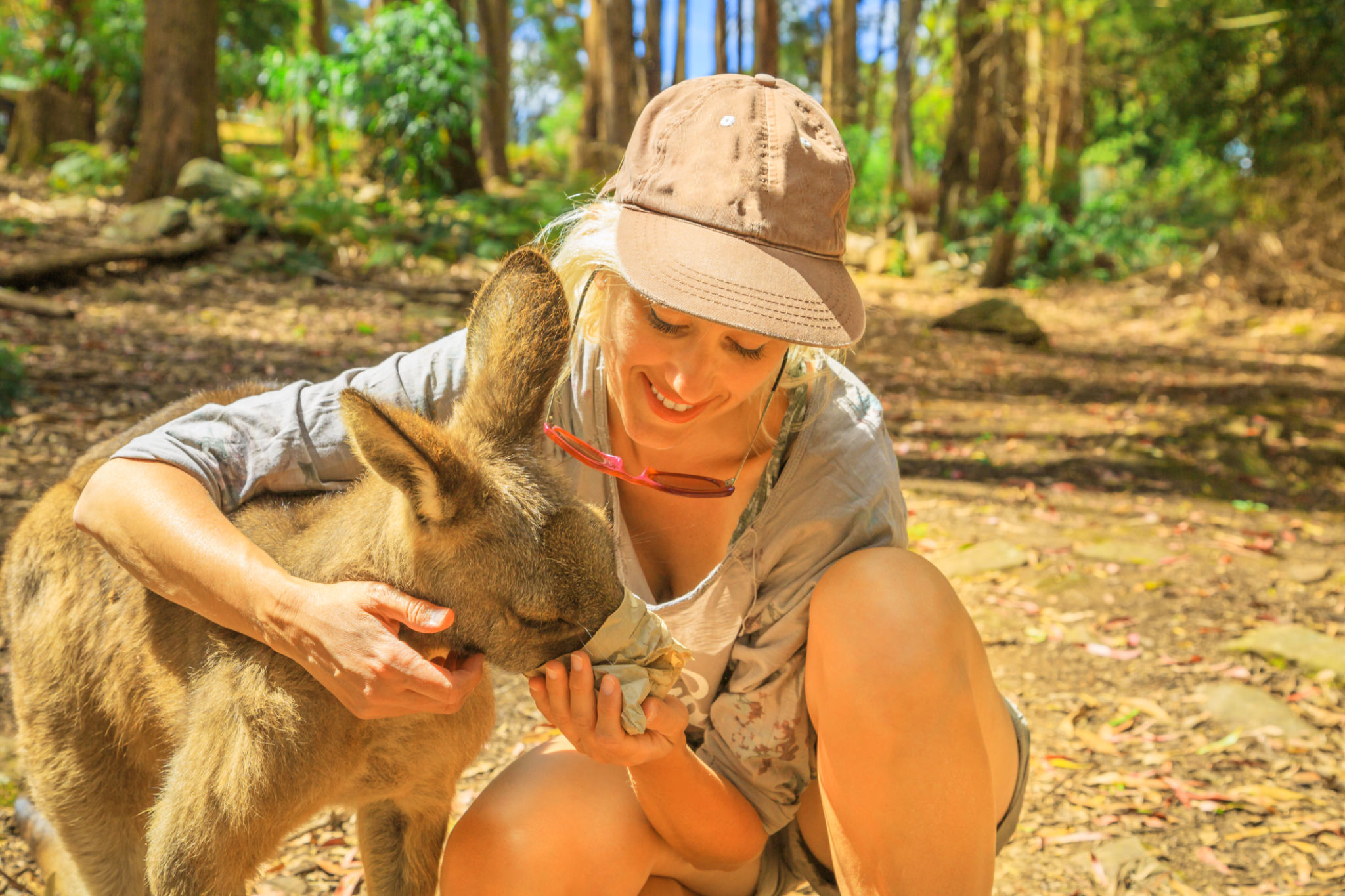The Importance of Wildlife Conservation: FAQs and Expert Insights
Understanding Wildlife Conservation
Wildlife conservation is a crucial practice aimed at protecting animal species and their habitats. This effort is vital for maintaining biodiversity, which is essential for a balanced ecosystem. Without adequate conservation measures, many animal species face the threat of extinction due to habitat destruction, poaching, and climate change.
Conserving wildlife not only helps in preserving the ecological balance but also ensures that future generations can experience the natural world. It plays a significant role in sustaining economic growth, as many communities rely on wildlife tourism as a primary source of income.

Why is Wildlife Conservation Important?
The importance of wildlife conservation can be seen in several areas. Firstly, it helps to maintain ecological balance. Different species play unique roles in the ecosystem, such as pollination, seed dispersal, and pest control. The loss of a single species can have a ripple effect on the entire ecosystem.
Secondly, wildlife is an integral part of human culture and heritage. Many societies have deep-rooted connections with their native wildlife, which shapes their traditions and beliefs. Protecting these species ensures that cultural identities are preserved.
Economic Benefits of Conservation
Wildlife conservation also has significant economic benefits. For instance, ecotourism attracts millions of visitors worldwide, generating substantial revenue. Countries like Kenya and Costa Rica thrive on wildlife tourism, providing jobs and boosting local economies.

Frequently Asked Questions About Wildlife Conservation
What are the main threats to wildlife?
The principal threats to wildlife include habitat loss, climate change, poaching, and pollution. Deforestation for agriculture and urban development leads to habitat destruction. Climate change impacts food availability and breeding patterns, while illegal hunting and pollution further endanger species.
How can individuals contribute to conservation efforts?
Individuals can contribute by supporting organizations dedicated to wildlife conservation through donations or volunteering. Educating others about the importance of wildlife protection and adopting sustainable practices in daily life can also make a difference.

Expert Insights on Wildlife Conservation
Experts emphasize the need for integrated conservation strategies that involve local communities. Engaging communities in conservation efforts ensures sustainable practices while respecting local traditions. Experts also advocate for stronger legislation to combat poaching and enforce wildlife protection laws.
Technology plays a crucial role in modern conservation efforts. Drones, satellite imagery, and AI are used to monitor wildlife populations and track illegal activities. These advancements help in gathering data that informs better conservation strategies.
The Future of Wildlife Conservation
Looking ahead, the future of wildlife conservation hinges on global cooperation. Countries must collaborate to create transboundary protected areas, ensuring wildlife can thrive across borders. There is also a growing emphasis on rewilding projects, which aim to restore ecosystems to their natural states by reintroducing native species.

In conclusion, wildlife conservation is a multifaceted endeavor that requires collective action from individuals, communities, and governments. By prioritizing the protection of our planet's biodiversity, we take steps toward a sustainable future where humans coexist harmoniously with nature.